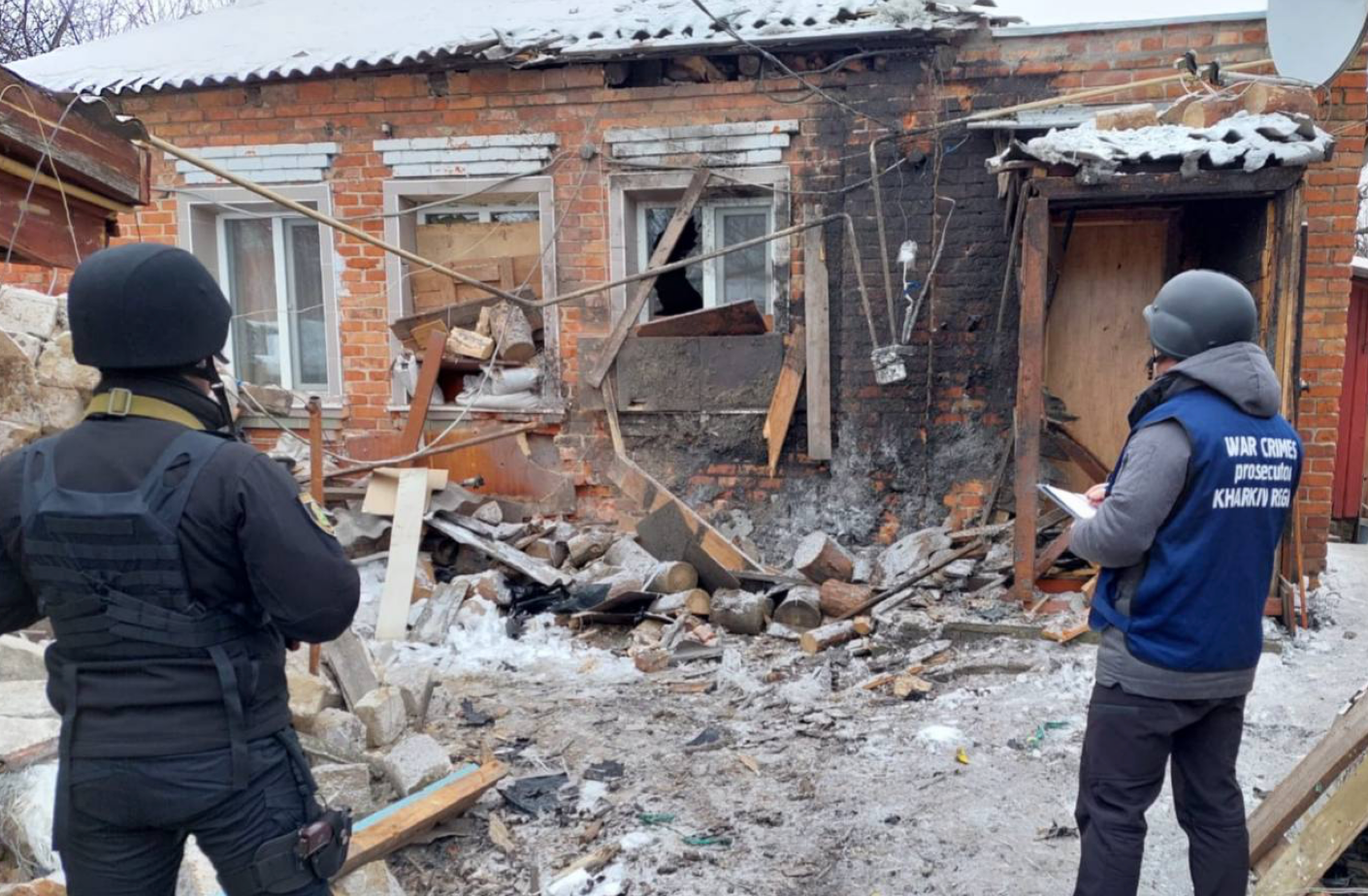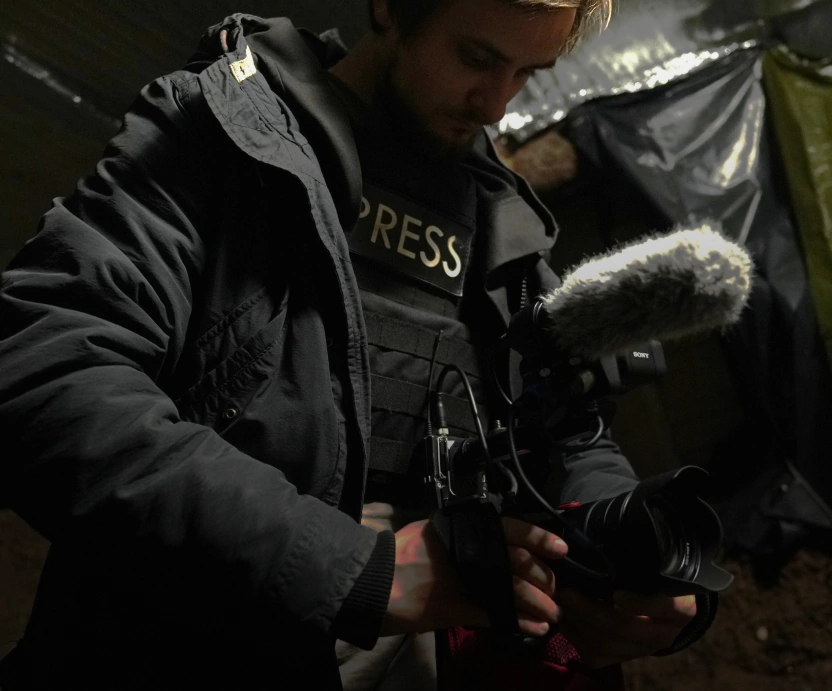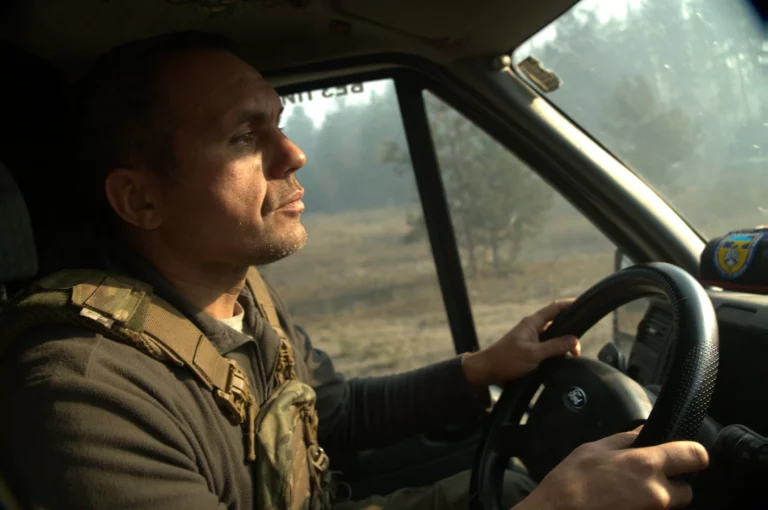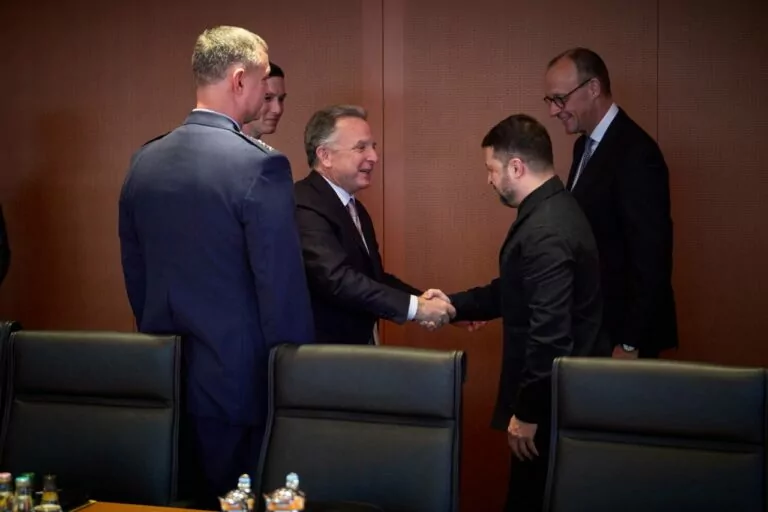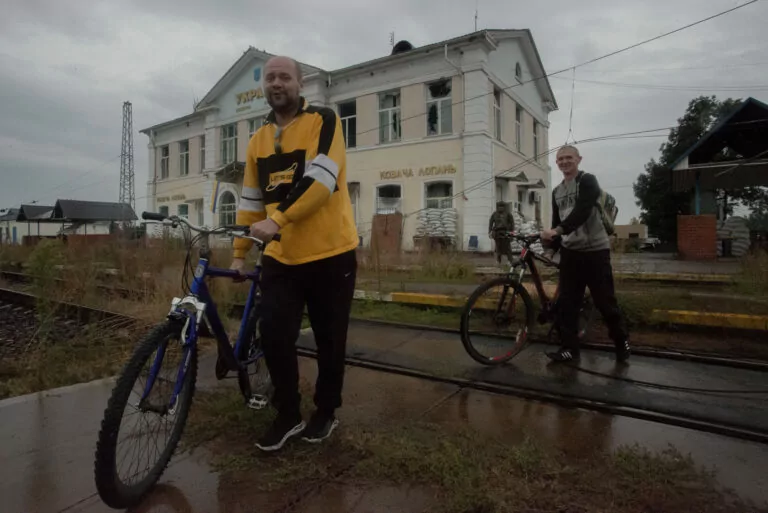KHARKIV OBLAST, UKRAINE, JAN 17 — Since the Ukrainian army deoccupied most of the Kharkiv region, law enforcement uncovered 28 torture chambers here. It’s more torture chambers than in other Ukrainian regions.
Serhii Bolvinov, head of the Investigation Department of the Main Department of National Police in Kharkiv Oblast, reported on these numbers.
“Three of these [torture chambers — ed.] are still undocumented because they are located in the borderland settlements that remain under intense Russian fire,” says Bolvinov.
As of now, ten criminal proceedings have been launched into cases of Russian torturing [people during occupation], within which law enforcement representatives now work with 227 victims. The case that investigates a Russian torture chamber in Kupiansk is among the most major.
“Here, Russian army soldiers, illegal armed formations from so-called LPR/DPR, and collaborators have been unlawfully detaining and torturing residents in the temporary detention cells of the Kupiansk police station for more than half a year.”
Currently, 67 people who went through torture at Kupiansk police station are officially recognized as victims of torture at the hands of Russian troops. However, the police are aware that more than 150 people aged from 16 to 65 years old have gone through torture while being in detention there. These were school students, senior people [pensioners — ed], teachers, local enterprise directors, and farmers.
Read more: Prosecution: Over 1,713 Children Suffered in Ukraine Due to the Russian Full-Scale Invasion
Those who went through torture chambers said that Russians hit them with legs and hands, with rubber batons and pipes, and tortured them with electricity. They burned plastic on [the victims’] skin, bent [victims’] shackled hands and joints, forced them to work, and pressured them psychologically.
Because of this torture, two of the detainees died, four are considered missing, and another four are still in captivity. Most of the people who survived Russian torture had severe psychological traumas.
Police have a lot of victim accounts, the list of Russian police personnel [involved in the torture], their reports, and detention logs. Yet, investigation of such cases is challenging because Russian soldiers have been constantly hiding their faces. Police say they’ll announce a series of suspects in these cases soon.
Gwara Media is the only local English reporting from Kharkiv and Kharkiv region — you can support us with a coffee.
